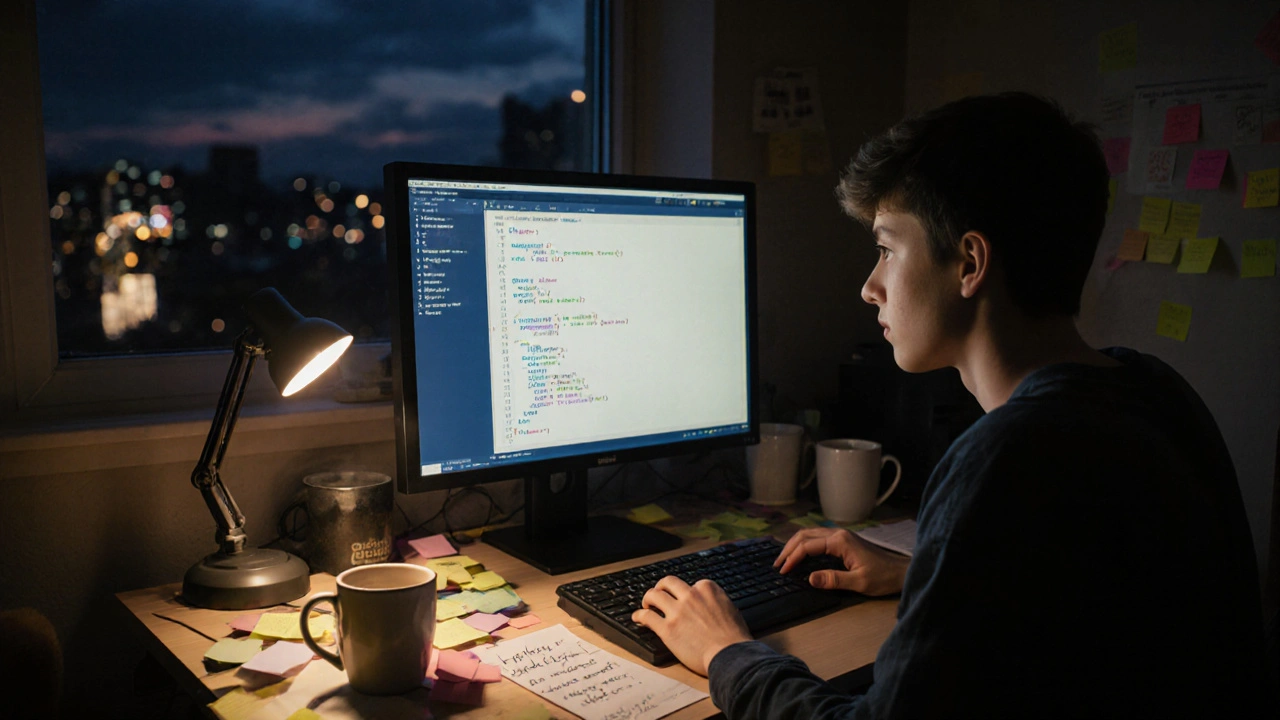Coding Practice: Build Skills, Fix Bugs, and Code Smarter
When you think about coding practice, the deliberate, repeated effort to improve programming skills through focused exercises and real-world application. Also known as deliberate programming, it’s what separates developers who just write code from those who actually get better at it. It’s not about how many hours you log. It’s about what you learn while you’re typing.
Good coding practice means you’re not just copying tutorials—you’re breaking things on purpose, fixing them, and asking why they broke in the first place. That’s where code debugging, the systematic process of identifying and removing errors from software becomes your most valuable skill. You can’t avoid bugs, but you can get faster at catching them. Top developers don’t guess—they use tools like Xdebug, step-through testing, and logging to isolate problems before they spiral. And they do this every single day, not just when a project is due.
Then there’s Python tricks, shortcuts, patterns, and idioms that make Python code faster, cleaner, and more readable. These aren’t magic. They’re habits. List comprehensions instead of loops. Context managers to handle files safely. Type hints that catch mistakes before runtime. These are the things you pick up not from books, but from seeing how experienced engineers write code—and then copying, testing, and making them your own. And it’s not just Python. The same principle applies to PHP, C#, or JavaScript: the best coders reuse patterns, automate repetition, and write code that’s easy to fix later.
Most people think coding practice means doing LeetCode problems until their fingers hurt. But real improvement comes from small, consistent actions: rewriting an old project with better structure, timing how long it takes to debug a simple error, or trying to explain your code out loud—because if you can’t explain it, you don’t really understand it. The posts below aren’t just tips. They’re battle-tested routines used by developers who ship working software, not just code that runs once.
You’ll find guides on programming faster without burning out, real Python tricks used in production, step-by-step debugging systems, and even how to build habits that stick. No fluff. No theory without action. Just what works—day after day, project after project.

- Nov 16, 2025
- Andrew Harper
- 0 Comments
The Ultimate Guide to Enhancing Your Coding Skills
Learn how to truly improve your coding skills through deliberate practice, building real projects, reading code, and consistent habits - not just tutorials or courses.
